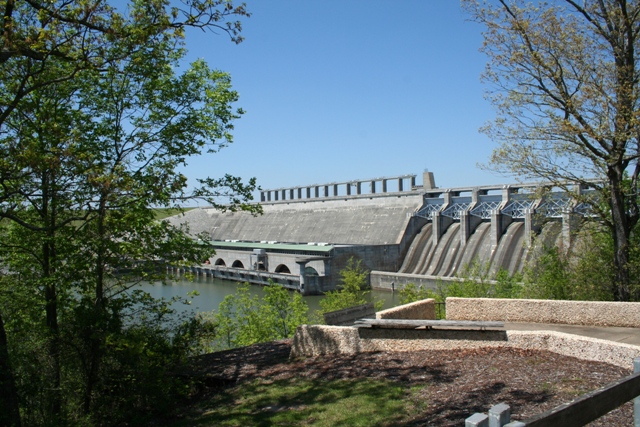
What say we make a real national security strategy,
one based on energy independence and a sustainable economy?
Jim Dwyer write 3 May 2011 in the NY Times,
A National Security Strategy That Doesn’t Focus on Threats
“Poorly fitted air conditioners cost New York City 130 to 180 million
dollars a year in extra energy consumption,” one of the strategists,
Capt. Wayne Porter of the Navy, said Tuesday. “They generate 370,525
extra tons of carbon dioxide.”
Suppose, he says, you fixed them. And then you got the 40 states
that waste the most electricity to match the 10 most efficient. The
likely benefits are no surprise — less foreign oil, cost savings,
job creation, decreased pollution.
Now follow that thread to
“A National Strategic Narrative,”
a paper
written by Captain Porter and Col. Mark Mykleby of the Marines, which
calls on the United States to see that it cannot continue to engage the
world primarily with military force, but must do so as a nation powered
by the strength of its educational system, social policies, international
development and diplomacy, and its commitment to sustainable practices
in energy and agriculture.
“We must recognize that security means more than defense,” they
write. After ending the 20th century as the world’s most powerful
country, “we failed to recognize that dominance, like fossil fuel,
is not a sustainable form of energy.”
An army without an economy defends nothing.
Continue reading →
 The usual place to look for state tax incentives is
DSIRETM
(Database of State Incentives for Renewables & Efficiency).
That database shows for Georgia not only state
financial incentives but also a local loan program for
Athens-Clarke County
and a local rebate program for Atlanta.
There’s a thought!
Valdosta or Lowndes County could do a loan program for real clean renewable energy!
or the Valdosta-Lowndes County Industrial Authority (VLCIA) could do that
using some of its $15 million in bonds and other debt, assuming it hasn’t
already spent all of it on locking up land.
The usual place to look for state tax incentives is
DSIRETM
(Database of State Incentives for Renewables & Efficiency).
That database shows for Georgia not only state
financial incentives but also a local loan program for
Athens-Clarke County
and a local rebate program for Atlanta.
There’s a thought!
Valdosta or Lowndes County could do a loan program for real clean renewable energy!
or the Valdosta-Lowndes County Industrial Authority (VLCIA) could do that
using some of its $15 million in bonds and other debt, assuming it hasn’t
already spent all of it on locking up land.







